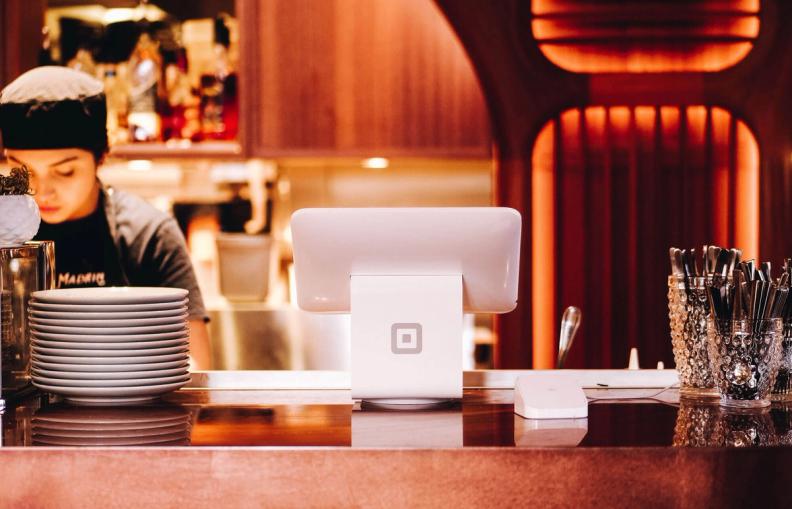According to WRAP, the UK HaFS sector wastes £3.2 billion of food a year. But with the growth of tech solutions - and the intelligence, connection and insights they bring - food businesses are getting the tools they need to take the power back.3 ways tech can help businesses waste less food

Food waste has long been one of hospitality and retail’s more notorious problems. There’s a cocktail of reasons for it, from the difficulty of predicting footfall, to increased customer demand for constant, fresh variety.
According to WRAP, the UK HaFS sector wastes £3.2 billion of food a year. But with the growth of tech solutions - and the intelligence, connection and insights they bring - food businesses are getting the tools they need to take the power back.
Tracking waste with smart bins
Imagine running your shift as exactly as normal, except at closing time you received a detailed report of the exact contents of your food waste bin. You discovered what food had been left on customer plates and what had been binned during preparation - and how much of it - plus a financial breakdown of what the waste had cost your business.
Using a camera, smart scales, and the same kind of machine-learning technology found in autonomous cars, smart bins from companies like Winnow are delivering crystal-clear food waste insights with almost no extra effort from staff.
The learnings are helping large-scale restaurants (mainly the types found in cruise ships and hotels) cut their food waste in half, all through insight-led menu design and well informed food prep principles.
Improving forecasting with AI
Forecasting daily sales can be time-consuming - and hard to get right.
A vigilant forecast will involve breaking up historic data, and comparing similar data sets. For example, if you're forecasting for October 12th, a Friday, you can’t simply look at October 12th from the previous year. You need to look at the second Friday of October for the past few years, and weigh up factors such as weather and events, while also taking into account ways your business has grown or changed since then.
Sounds more like a job for a statistician than someone who’s trying to run a restaurant.
That’s where forecast technology comes in.
Companies like Tenzo offer technology that reliably predicts footfall more accurately than in-house analysts, giving restaurants the insights they need to prep appropriate levels of food.
The insights mean fewer surplus food items, and a consistent reduction in food waste - sometimes by up to 50%.
Redistributing surplus through a smartphone-connected community
Even with thorough waste-prevention strategies in place, the well-documented ‘fear of running out’ can cause restaurants, cafes and stores to prepare surplus food.
Luckily, there are millions of consumers who are willing to eat it.
Too Good To Go is a free app that connects restaurants that have surplus food with consumers who buy, collect and enjoy that food. The platform lets food businesses package surplus food into ‘Magic Bags’ - a surprise mix of unsold items sold at a great price.
Consumers search the app for local eateries that have surplus food up for grabs, buy Magic Bags through the app, then turn up at a predetermined time to collect their food.
So far, Too Good To Go has saved 323 million meals from going to waste globally - the power of connecting consumers with businesses at never-before-seen scale.
Do you want to earn money from your surplus food?
Get in touchShare this
start saving food today
Our app is the world's largest marketplace for surplus food. We help users rescue good food from going to waste, offering great value for money at local stores, cafes and restaurants.



